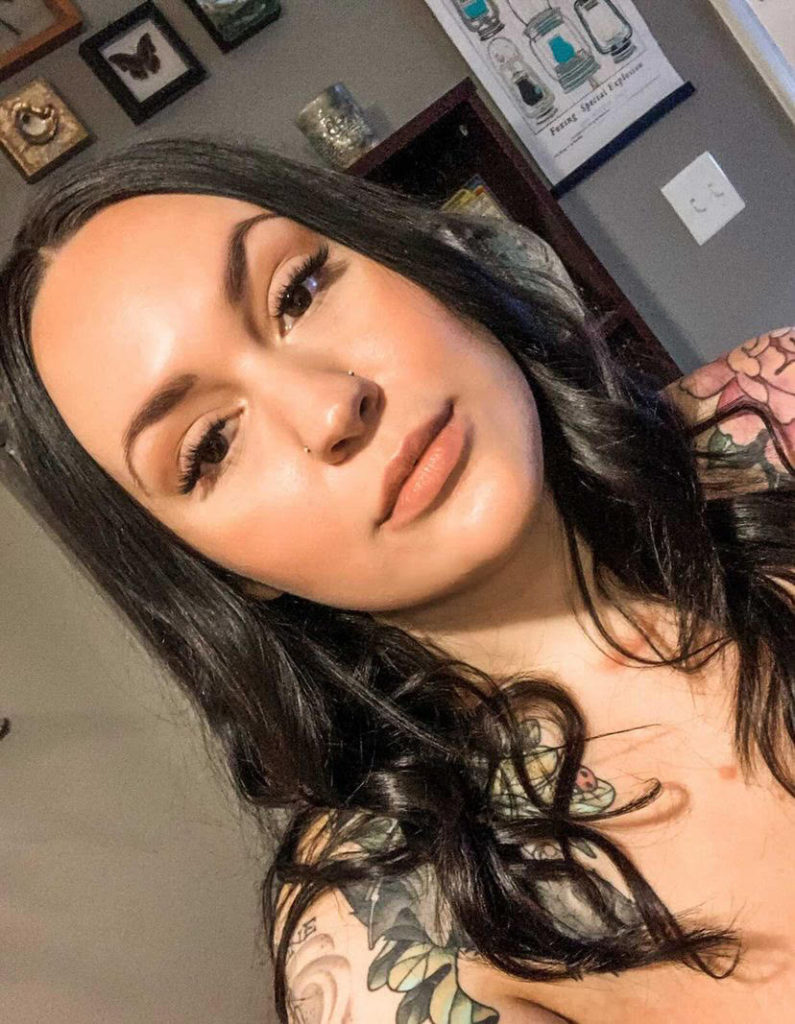
1. Tell us about yourself! What’s your story?
My name is Cheyanne Scott. I live in Kansas City with my fiancé, James, and our two rescue dogs, Woods and Willow. I’m 24, I’m a student, I am an attempted suicide survivor, and I am currently on a journey of self-discovery and self-love.
2. How has body weight/ body image impacted your mental health?
Body image, especially body weight, have impacted my mental health tremendously. I have been overweight since I was a child and quickly learned how much of my worth depended on my weight and appearance. I was called names like “pig” and “Crisco” (because my hair and skin were oily – they still are) since about 6 years old. I remember my mother and sister grabbing me by my arms and legs, dropping me at the top of the stairs, laughing, picking me back up, and throwing me into a shower because they felt I needed to wash my hair when I was about 9 years old. My weight and appearance were frequently the topic of discussion by my entire family. My first suicide attempt was when I was 11 years old after my mother put me on a crash diet and I was told that my weight loss was pathetic by a diet counselor. As far back as I can remember, I have hated my appearance, felt like I did not deserve to be happy because of the way I looked, and thought no one would ever truly love me.
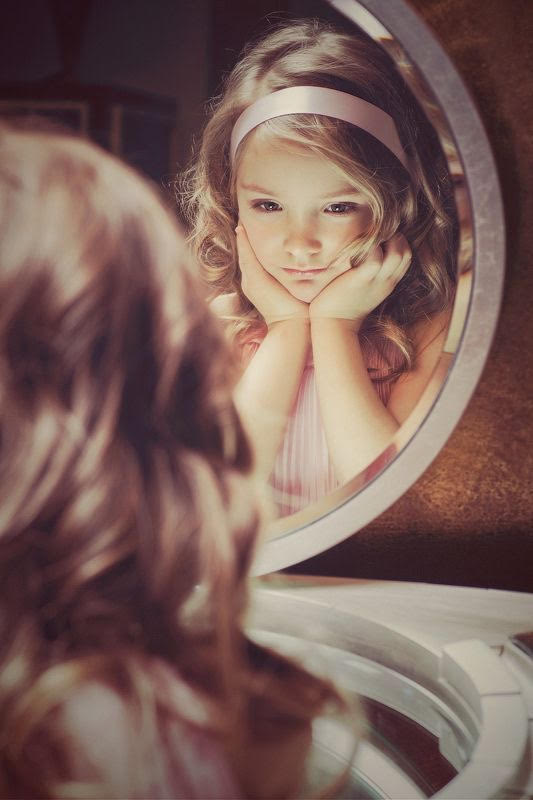
3. Do you feel like society perpetuates intangible beauty standards for women? Why or why not?
I don’t think anyone can deny that society has unrealistic standards for women. Our society equates thinness with how healthy you are and promotes toxic diet culture and disordered eating. There are constant messages and beliefs about body image everywhere we go. Without being completely aware of it, women internalize these self-destructive beliefs and start to view themselves differently. Our friends and family also view these messages and further instill beliefs in us because they have fallen for it too and think they’re helping themselves/us.
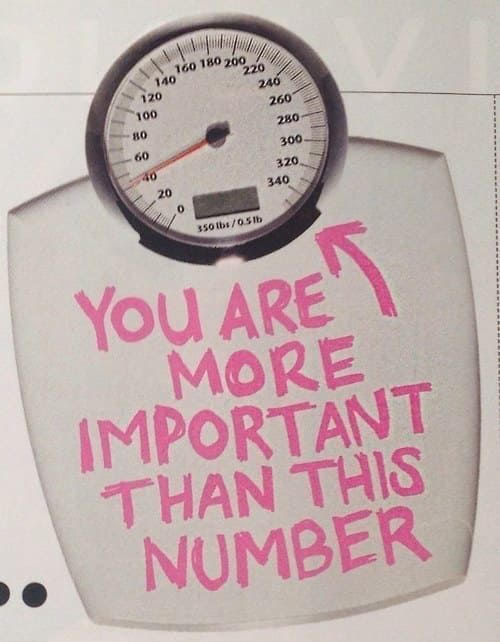
4. How has body weight/ body image impacted your romantic relationships or intimate relationships with friends or family?
For most of my life, I pushed everyone away that tried to get close to me. I was so obsessed with my own body image that I assumed everyone around me thought I was just as disgusting as I thought I was. It is really hard to let people love you when you don’t love yourself and do not grow up in a loving environment. I was always able to make friends and find romantic interests, but I had a very hard time creating lasting relationships because I would drop everyone before I could get really vulnerable.
5. What is your advice for women who deal with microaggressions from “friends” or family in regards to dramatic weight gain or loss?
I don’t know if microaggressions ever get easier to hear. When I weighed over 300lbs, there were always comments about my health, diets I should try, and how I should dress. Now that I’ve lost the weight, I get comments about losing too much weight and how much time I spend in the gym. I think all we can do when this happens is respectfully explain how these comments hurt us and to lead by example by refraining from making comments to others. Changing the way we talk to each other takes a lot of understanding and open discussion. If these comments continue after you have explained how they are harmful, I would consider cutting ties with that person. I know it is easier said than done, but keeping a toxic person in your life is more harmful to your mental health and body image than ending a toxic relationship.
6. Does your relationship with food fluctuate or change when your confidence/ body image changes? Or does it stay pretty stagnant?
Now that I have worked with a dietician and therapist, my relationship with food is finally healthy. When I was struggling badly with body image, my relationship with food fluctuated constantly. I started emotional eating when I was a kid living in an abusive household. Food was one of the only ways I could cope with everything happening around me. I started binging when I was happy, sad, anxious, etc. After I binged, I would punish myself for binging by starving myself. Starving myself just led to more bad feelings and more binging. Emotional eating is like an addiction. It took a lot of time, failure, and patience to mend my relationship with food.
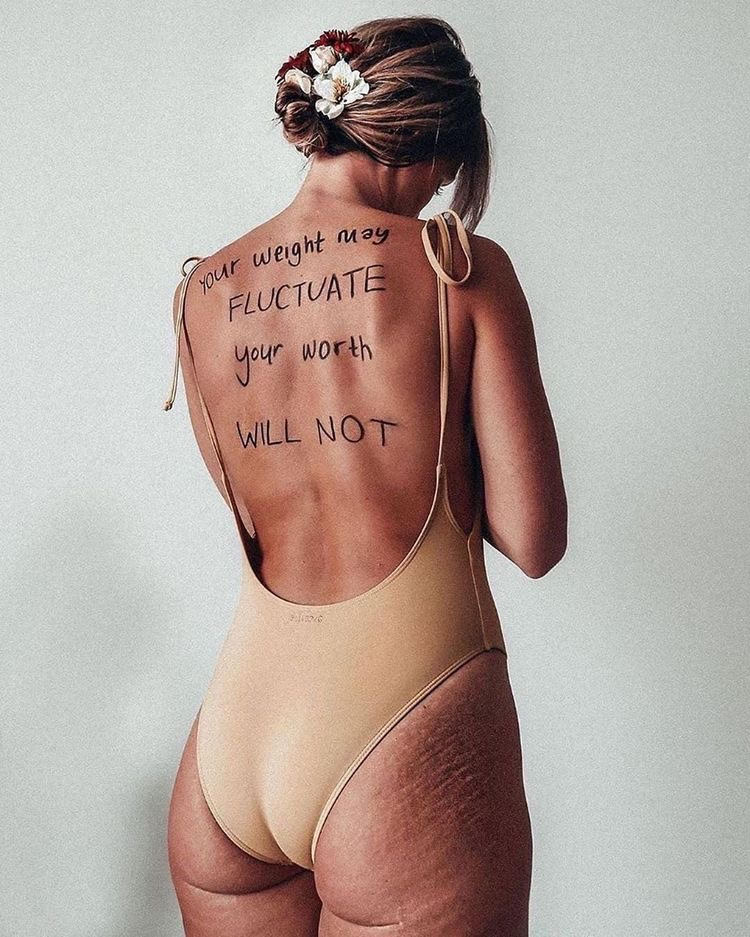
7. What is your advice for women becoming more comfortable and confident in their own bodies?
Remember that becoming more comfortable and confident takes a lot of time. It won’t happen overnight, it could be years, and you might never be 100% comfortable with who you are and that is very human of you. It’s okay to struggle even when you are doing your best. Your journey will take a lot of effort and patience. Creating a healthier life and body image requires unlearning social conditioning about weight and appearance. Start surrounding yourself with positive, caring people and let go of relationships that do more harm than good. Stop holding your dreams hostage for when you’re in the “right body” and start living now. You will never get the time you spent hiding your authentic self from the world back.
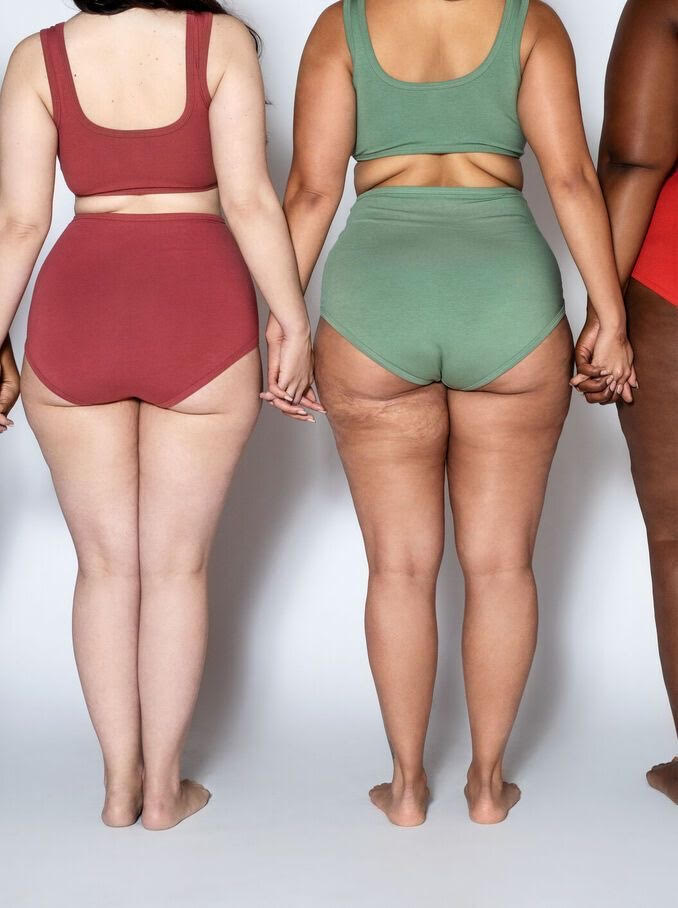
8. Polls suggest that there are a lot of women who hide their bodies during sex or other intimate acts due to being overly body-conscious. What does this say about women and the way we view our bodies?
I think women hiding their bodies during sex comes from how women are conditioned at a young age to feel shame about their bodies and having sex. As children, women are taught that sex is dirty, you are dirty for participating in sexual activity, and that we should cover up to not tempt other people with our bodies. We are also taught that that wanting and enjoying sex is not okay unless you are a man. Women are not only worried about what they think about their bodies during sex, they are also worrying about what their partner thinks of them. There is a lack of sexual education in our society and many men and women learn about sex through viewing pornography and I am sure that this contributes to women being insecure during intimate acts.
9. What does “hiding” your body mean to you? Why do we feel the need to hide parts of ourselves from the world?
We feel the need to hide ourselves from the world because hiding is a normal reaction to feeling fear. I spent most of my life hiding. I did everything I could do to prevent myself from really being seen by those around me and living an authentic life. I would drape my body in oversized clothes, intentionally stay out of photos, skip school frequently, never leave the house without a full face of make-up, never post on social media. I hid parts of myself that I thought other people wouldn’t like or relate to and would change my personality based on who I was around to be more palatable for them. Making the decision to stop hiding my body and who I was has been one of the most liberating decisions I have ever made.
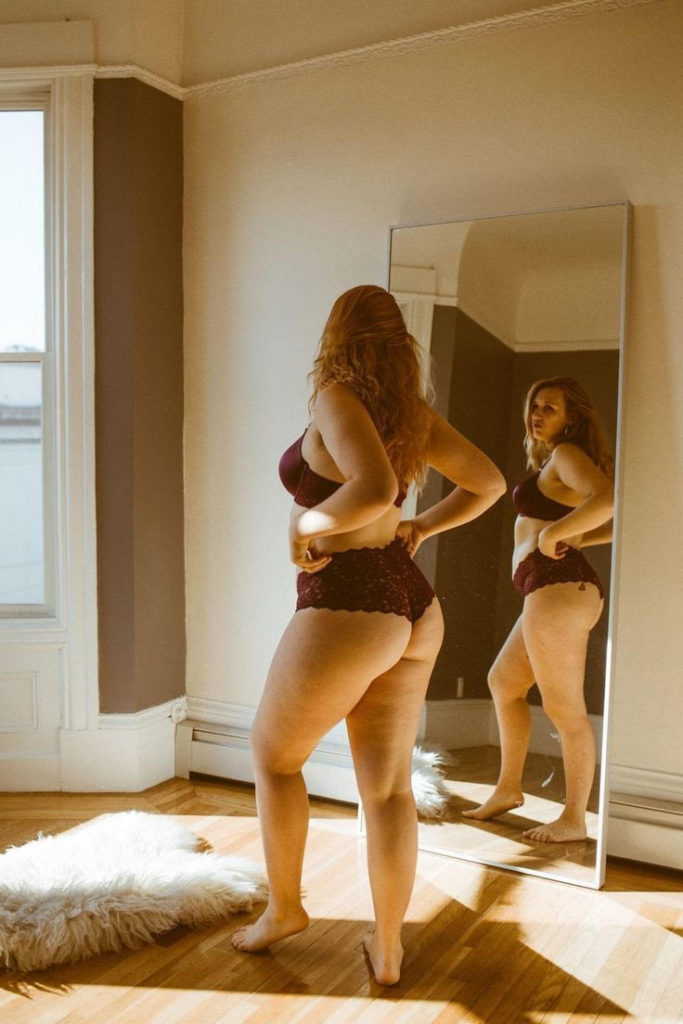
10. What does it mean to have a healthy relationship with your body? What has aided in your journey to body acceptance?
Having a healthy relationship with my body means feeling connected to my body for the first time in my life. It means using food to fuel my body and not as a coping mechanism, having fun in the gym and not punishing myself with exercise I hate, and not letting my poor view of myself get in the way of letting other people love me. It means not having feelings of jealously towards other women and celebrating our differences and supporting each other as we heal. I would not have started this journey without a strong support system. My fiancé has supported every step of this journey and encourages me to keep going each day. My amazing friends believed in me and cheered me on every chance they got. Finding a dietician that taught me how to eat and preached body kindness was huge for me. Going to weekly therapy and talking about my childhood trauma and anxiety for the first time in my life taught me so much about myself, thought processes, and distorted thinking.